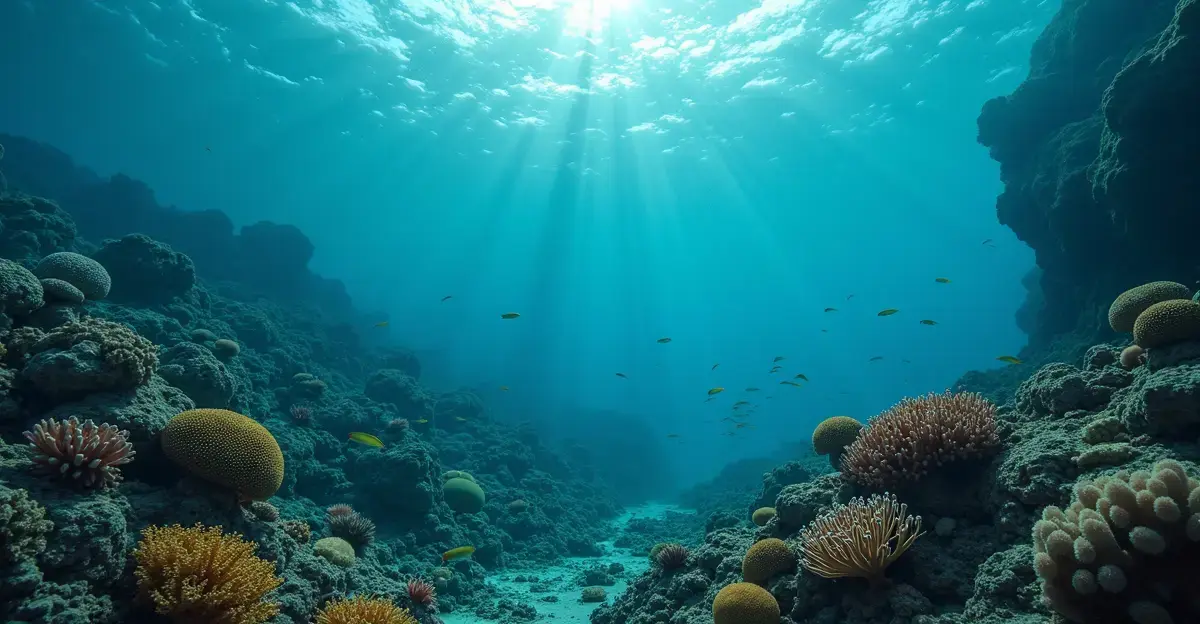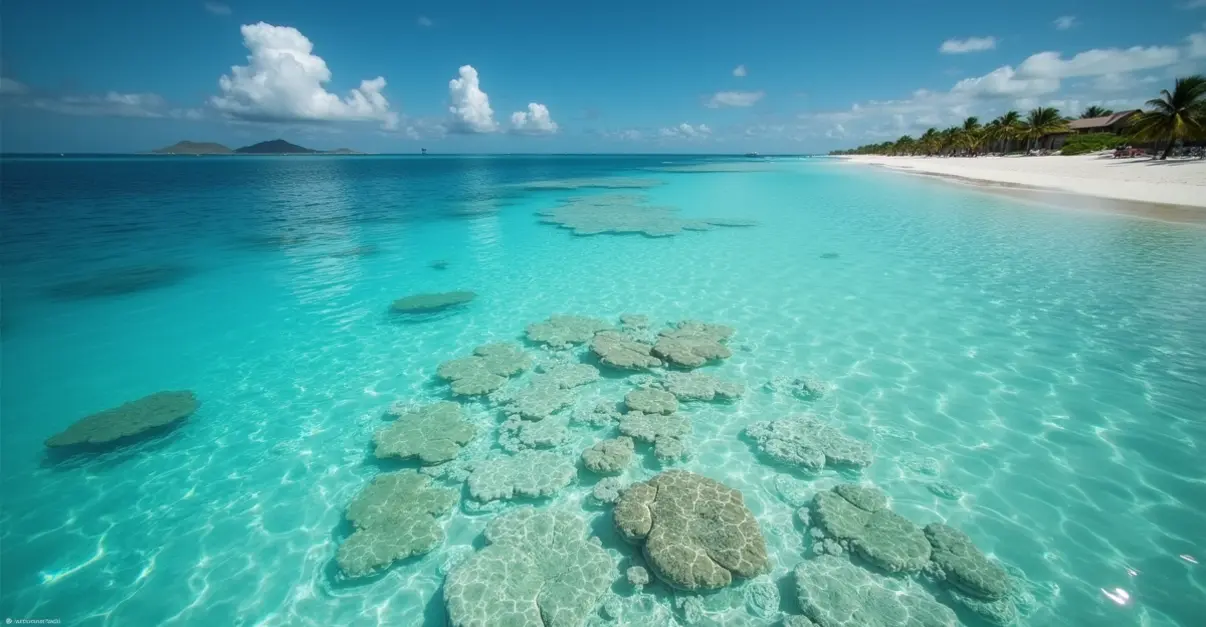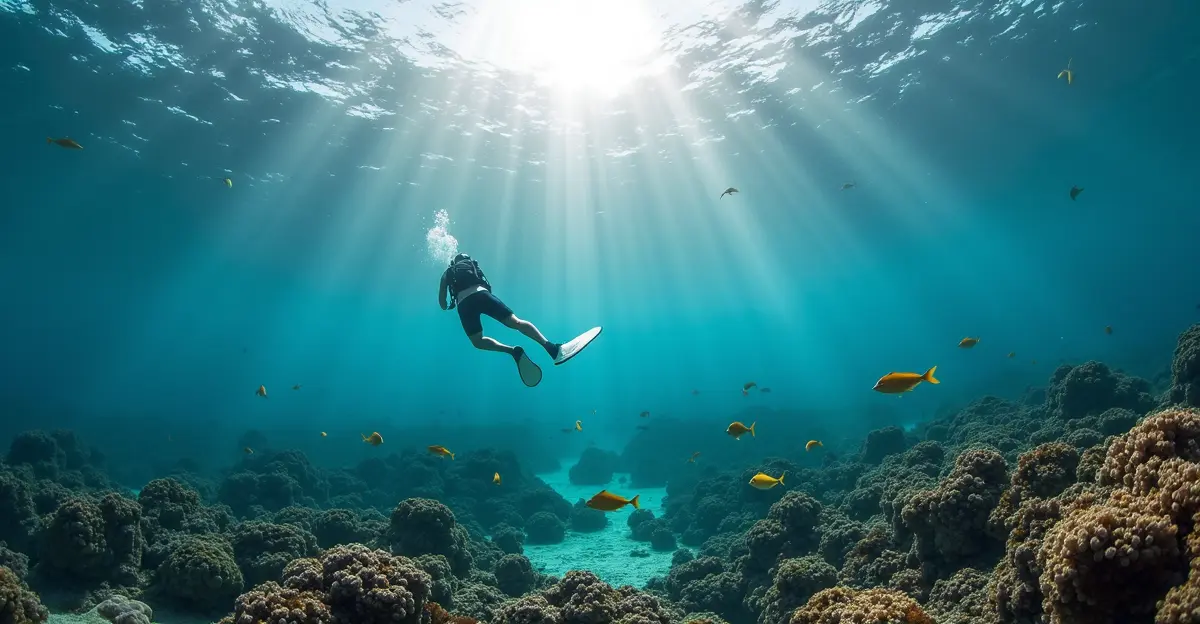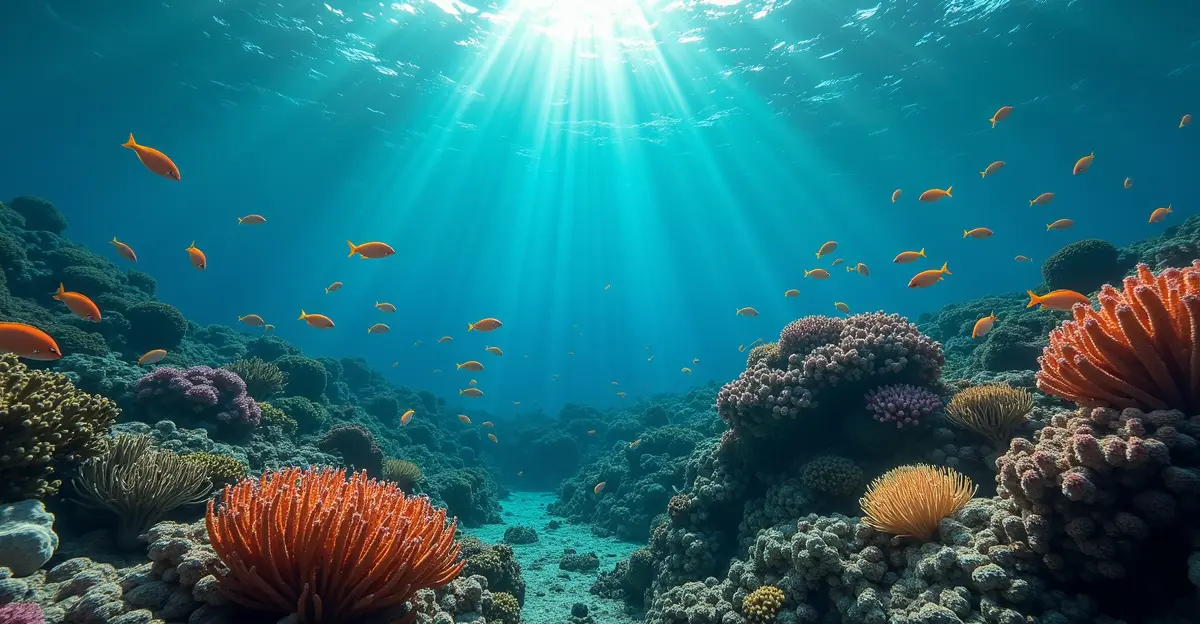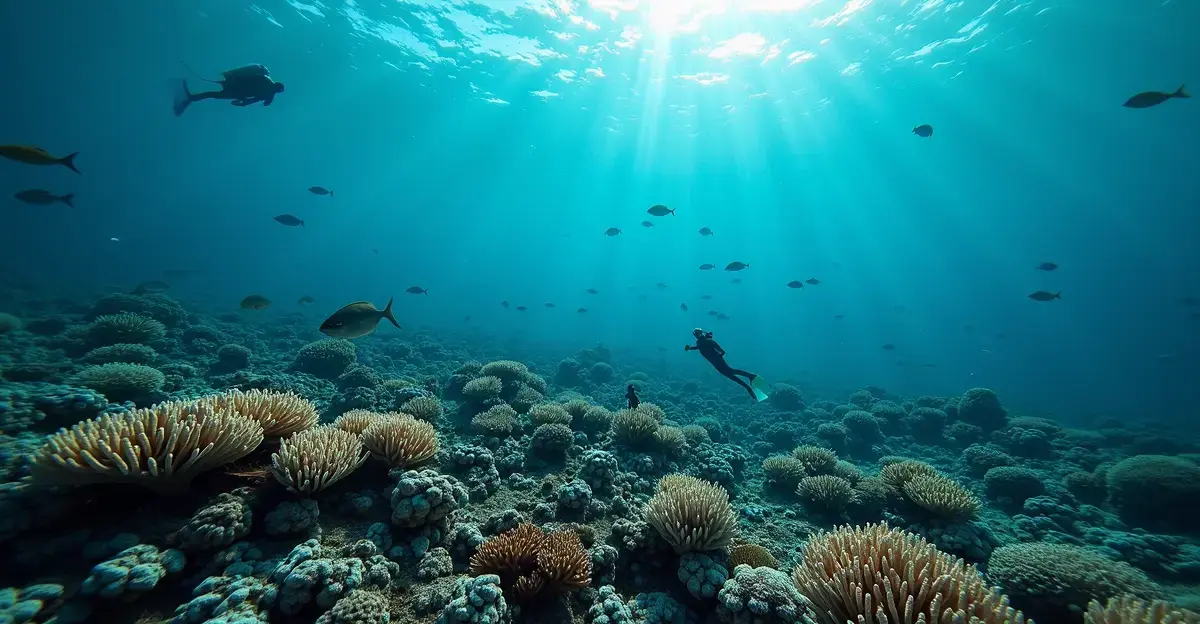The Silent Crisis Beneath the Waves
A groundbreaking study published today reveals alarming new evidence about ocean acidification's devastating impact on coral reefs. Researchers from the Global Ocean Acidification Observatory found that current CO2 absorption rates could trigger irreversible coral loss within decades. The oceans have absorbed about 30% of human-emitted carbon dioxide since the Industrial Revolution, causing pH levels to drop from 8.2 to 8.1 - a 30% increase in acidity.
Coral Calcification Crisis
Corals struggle to build their calcium carbonate skeletons in acidic waters. Dr. Elena Rodriguez, lead marine biologist on the study, explains: "At current acidification rates, we're seeing coral growth rates decline by 15-20% globally. Some species may disappear completely by 2040 if emissions continue unchecked." The research examined 132 reef systems worldwide, with tropical reefs showing the most severe deterioration.
Ecosystem Domino Effect
The implications extend far beyond corals. "Coral reefs support 25% of marine species," warns Dr. Kenji Tanaka, co-author of the study. "When corals collapse, entire food chains follow. We're already seeing impacts on shellfish, plankton, and fish that depend on reef ecosystems." The study documents how pteropods - tiny sea snails vital to Arctic food webs - are dissolving in increasingly acidic waters.
Economic Tsunami
The economic consequences are staggering. Coral reefs provide an estimated $375 billion annually in goods and services through tourism, fisheries, and coastal protection. Coastal communities from Florida to the Philippines face catastrophic losses. "This isn't just an environmental issue - it's a threat to global food security and livelihoods," emphasizes Rodriguez.
The Path Forward
Researchers propose a three-pronged approach: immediate 50% reduction in global emissions by 2030, expansion of marine protected areas, and development of coral resilience technologies. "We have a narrow window to act," urges Tanaka. "Every 0.1 pH point we save could preserve thousands of species." The full study appears in the May 2025 issue of Marine Ecology Progress Series.

 Nederlands
Nederlands
 English
English
 Deutsch
Deutsch
 Français
Français
 Español
Español
 Português
Português
